Authors: Petr Urban, Alice Koubová
Psychoanalysis, Culture & Society (2025)
DOI: https://doi.org/10.1057/s41282-024-00514-9
Abstract:
This article provides a critique of Martha Nussbaum’s use of Donald Winnicott’s psychoanalysis in the field of political theory. In particular, it shows that Nussbaum omits specific elements in Winnicott’s thinking that may be described as “vitalist”. Nussbaum uses Winnicott’s ideas to justify a teleological view of human maturity which can hardly be harmonised with some of his seminal views of human subjectivity. The paper argues that, despite being true to Winnicott’s theory in many ways, Nussbuam commits a decisive interpretive shift which involves subordinating the Winnicottian “life force” under regulative norms of the liberal political order.
•• More publications:
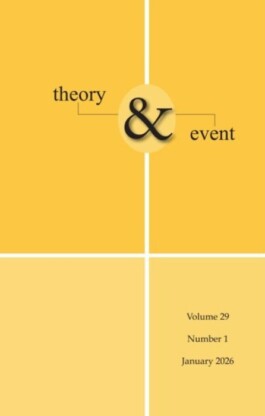
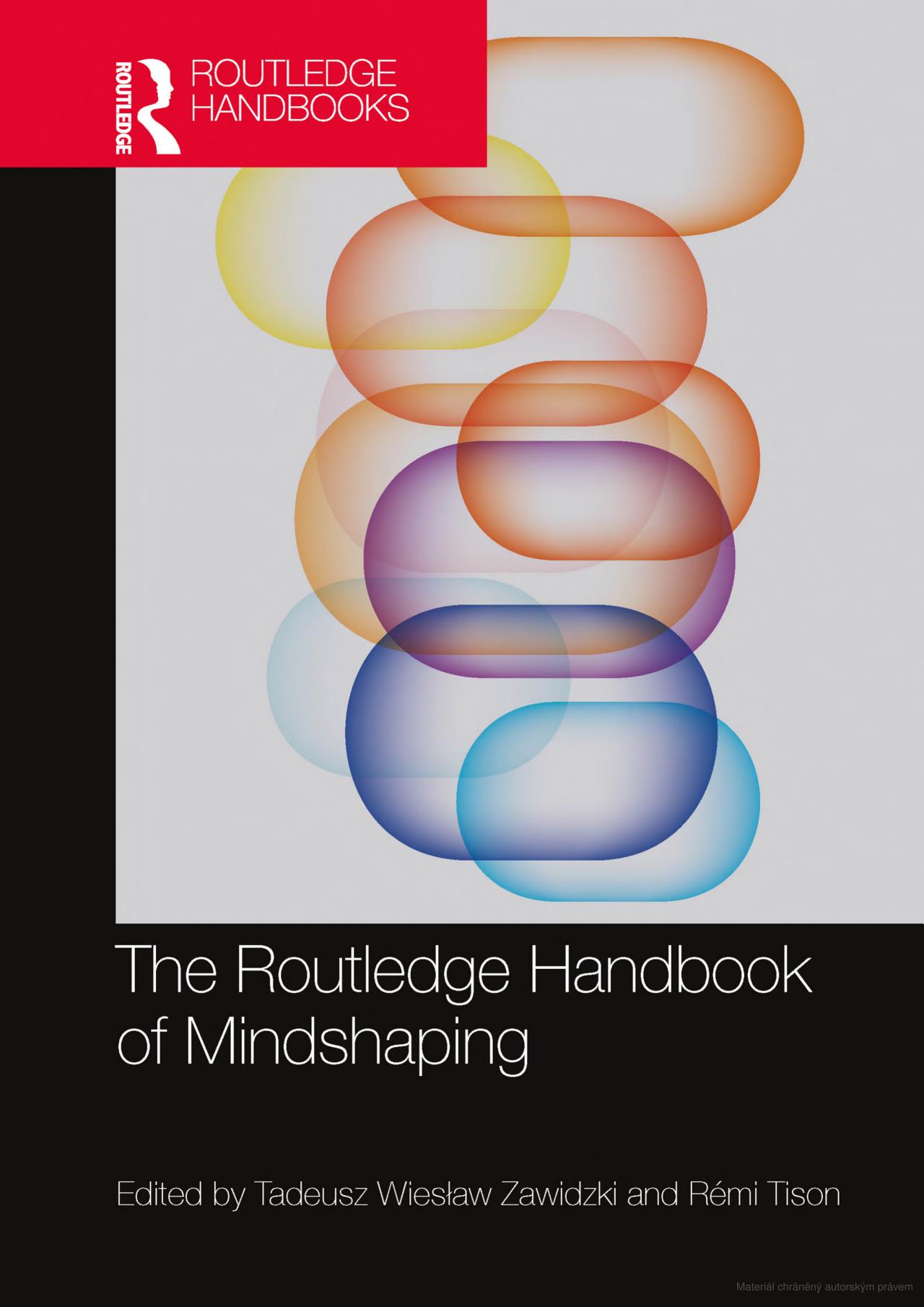
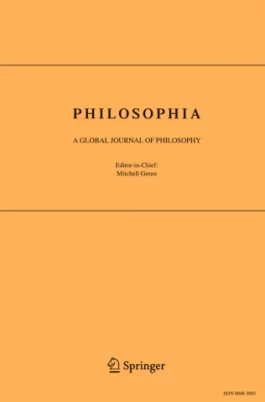
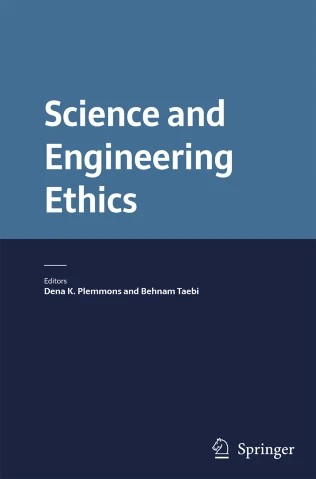
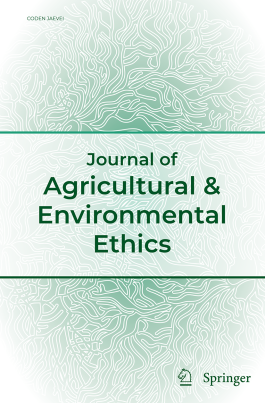
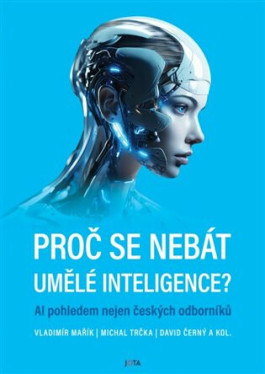

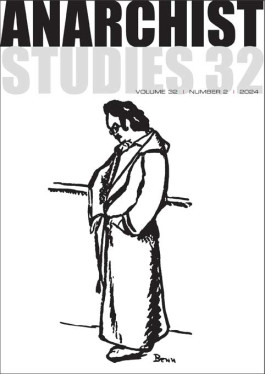
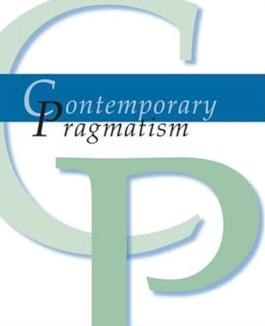
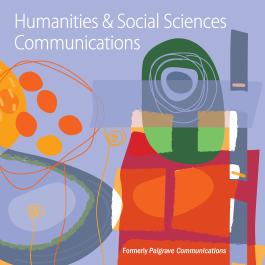
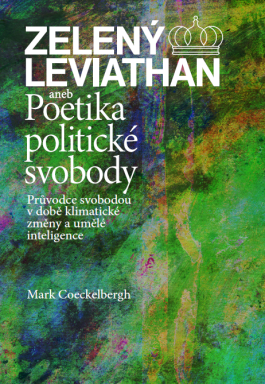
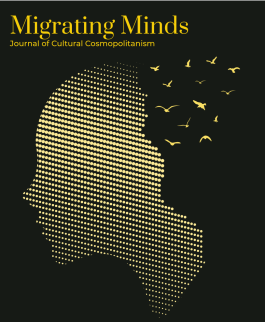
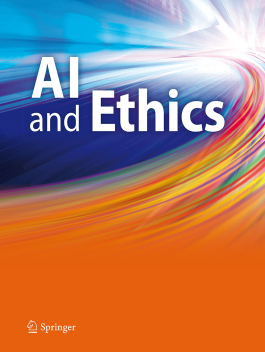

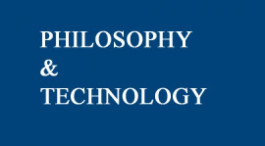
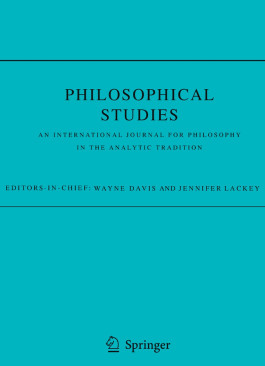
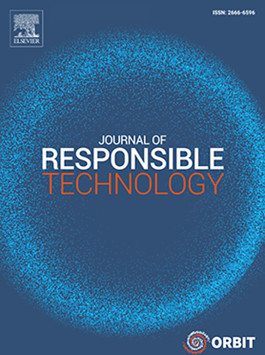
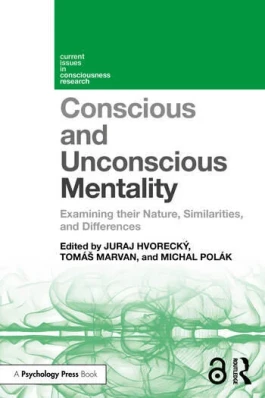
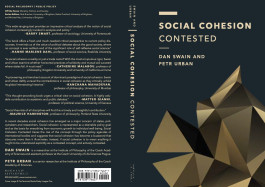
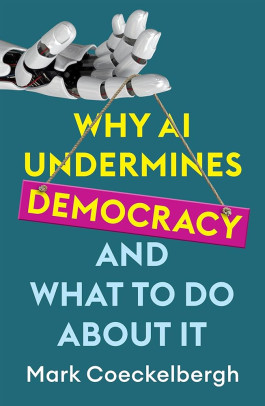
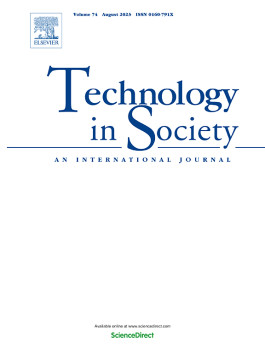

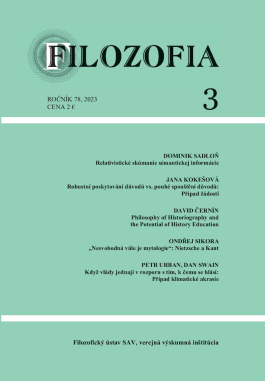

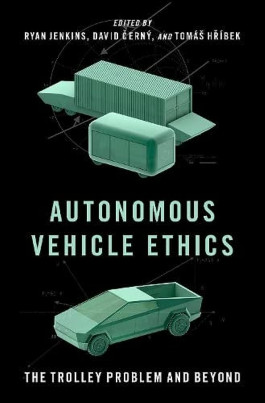
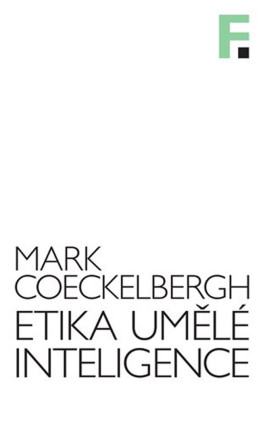
Authors: Petr Urban, Alice Koubová
Psychoanalysis, Culture & Society (2025)
DOI: https://doi.org/10.1057/s41282-024-00514-9
Abstract:
This article provides a critique of Martha Nussbaum’s use of Donald Winnicott’s psychoanalysis in the field of political theory. In particular, it shows that Nussbaum omits specific elements in Winnicott’s thinking that may be described as “vitalist”. Nussbaum uses Winnicott’s ideas to justify a teleological view of human maturity which can hardly be harmonised with some of his seminal views of human subjectivity. The paper argues that, despite being true to Winnicott’s theory in many ways, Nussbuam commits a decisive interpretive shift which involves subordinating the Winnicottian “life force” under regulative norms of the liberal political order.
•• More publications:


























Celetná 988/38
Prague 1
Czech Republic
This project receives funding from the Horizon EU Framework Programme under Grant Agreement No. 101086898. Views and opinions expressed are however those of the author(s) only and do not necessarily reflect those of the European Union or European Research Executive Agency (REA). Neither the European Union nor the granting authority can be held responsible for them.
Celetná 988/38
Prague 1
Czech Republic
This project receives funding from the Horizon EU Framework Programme under Grant Agreement No. 101086898. Views and opinions expressed are however those of the author(s) only and do not necessarily reflect those of the European Union or European Research Executive Agency (REA). Neither the European Union nor the granting authority can be held responsible for them.